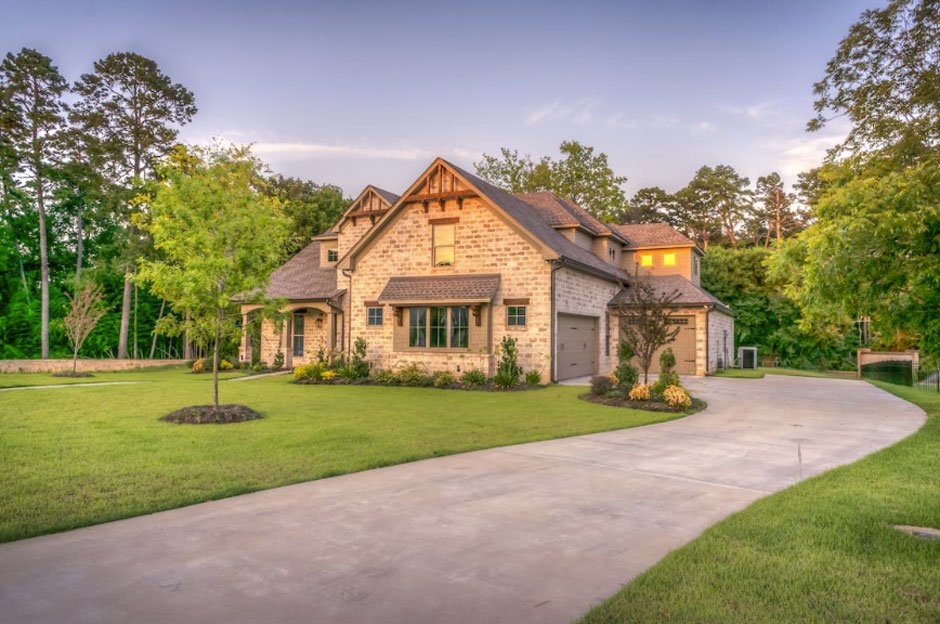In the last decade, the landscape of home security has undergone a radical transformation, largely due to advancements in artificial intelligence (AI). Today, AI is not just a buzzword in the tech world but a reality in our homes, playing a pivotal role in ensuring our safety and peace of mind. This blog post delves into how AI has reshaped home security, offering sophisticated solutions that are both effective and accessible.
Smart Locks and AI Integration
Smart locks represent another area where AI has made a substantial impact. These locks offer keyless entry and are often integrated with home security systems, allowing for remote locking and unlocking. AI enhances these systems by learning the homeowners’ patterns and preferences and providing customized security protocols. For example, if the system recognizes an empty house, it can automatically engage additional security measures.
Amazon Alexa
A notable example of AI integration in home security is the Total Connect 2.0 skill for Amazon Alexa. This feature allows users to control their home security systems using voice commands. The AI in Amazon Alexa understands and processes these commands, enabling users to arm or disarm their systems, check the status of sensors, and even control smart locks. This level of integration signifies how AI is making home security more user-friendly and interconnected.
Harnessing AI for Enhanced Security
AI and Surveillance: A Perfect Match
Integrating artificial intelligence (AI) into home security systems, particularly in surveillance, marks a significant evolution from traditional methods. In the past, security cameras served a passive role, merely recording footage for later review. This approach had limitations, primarily the inability to act in real-time during a security incident. However, the advent of AI-enabled cameras has revolutionized this landscape. These cameras are not just recording devices but intelligent systems capable of real-time analysis and decision-making.
AI in surveillance utilizes complex algorithms to monitor and analyze video feeds continuously. This capability allows the system to detect unusual activities or behaviors that might indicate a security breach or suspicious activity. Unlike traditional systems, AI-enabled cameras can differentiate between known and unknown faces, a feature that significantly enhances the security of a home. For instance, the system can recognize family members and regular visitors, reducing false alarms and focusing on genuine threats.
Moreover, these AI systems are designed to learn and adapt over time. They can recognize regular patterns and activities in the household, enabling them to respond more accurately to deviations from these patterns. For instance, if an unknown individual is loitering around the house at odd hours, the system can alert homeowners of this potential threat. This proactive approach to surveillance ensures that homeowners are not just reacting to incidents but are also prepared for them.
Predictive Analytics in AI Security Systems
Predictive analytics is a standout feature in the realm of AI-enhanced home security systems. This technology involves the analysis of data gathered from various sensors and devices over time to identify patterns and potential security threats. AI systems equipped with predictive analytics can foresee and alert homeowners about possible security breaches before they occur, offering a proactive approach to home security.
These AI systems are constantly analyzing data from motion sensors, window and door sensors, and even environmental sensors to build a comprehensive understanding of the normal state of the home. The AI can more accurately identify anomalies that may signal a potential threat by understanding what is typical. For example, if a motion sensor in a backyard repeatedly activates at unusual times, the system can analyze this pattern and alert the homeowner to a possible intrusion attempt. This level of analysis goes beyond simple motion detection, incorporating factors like the time of day, frequency, and associated sensor activations to make informed decisions.
AI-Powered Personal Security Assistants

The scope of AI in home security extends beyond safeguarding against external threats; it also plays a vital role in personal safety within the home. AI-powered personal security assistants are becoming increasingly sophisticated, capable of detecting and responding to various emergencies, from accidents to health crises.
These AI assistants continuously monitor the home environment using sensors and cameras. They are programmed to recognize signs of accidents, such as falls or unusual inactivity, which can be particularly dangerous for the elderly or those with certain medical conditions. For instance, if an individual falls and remains motionless for an extended period, the system can infer a potential medical emergency. In such cases, the AI assistant can automatically alert emergency services or contact family members, providing critical assistance when needed.
The value of AI-powered personal security assistants is particularly evident in their ability to provide round-the-clock monitoring without being invasive. For individuals living alone, especially seniors, these systems offer a balance of independence and safety. The AI can learn the resident’s normal daily routines and habits, allowing it to detect deviations that might indicate an emergency.
Conclusion
https://www.pexels.com/photo/beige-bungalow-house-259588/
Integrating AI into home security systems represents a significant leap forward in protecting our homes and loved ones. From smart surveillance cameras to AI-powered personal security assistants, these advanced technologies provide security, convenience, and peace of mind. As AI continues to evolve, we can expect even more innovative and efficient home security solutions, making our homes safer and smarter.

